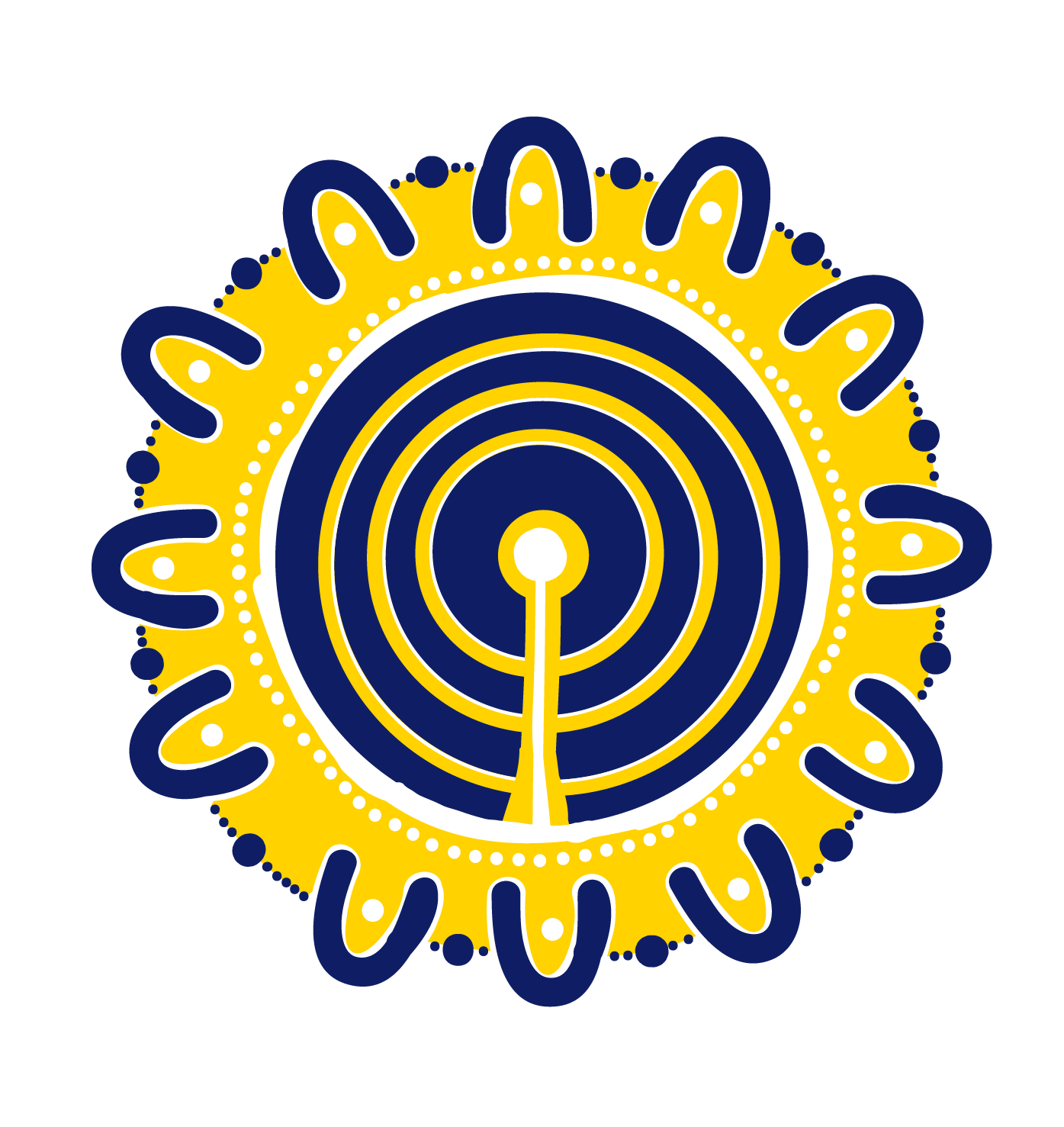Challenging Conversations
WA DoH Framework Domain Level: Consolidation
Insert something here?
education details
-
Fee: See Register
-
Framework Level: Consolidation
-
Delivery Mode: In person
-
Duration: See Register
-
Certificate: Yes
-
CPD: 2 hours
EDUCATION overview
This education is designed to help health professionals navigate difficult conversations with patients and families after receiving unexpected news about a life-limiting illness. Participants will be introduced to evidence-based communication frameworks that enhance their ability to deliver sensitive information with clarity and compassion.
The education develops essential communication techniques that emphasise active listening, ensuring patients feel heard and understood during challenging times.
The Educator guides participants through real-life scenarios commonly encountered in clinical practice, demonstrating how to apply these communication skills effectively. Participants will learn strategies to maintain sensitivity, address emotional responses, and foster open, respectful dialogue. This approach ensures that patients' emotional needs are met while facilitating clear and compassionate communication during difficult discussions.
The education develops essential communication techniques that emphasise active listening, ensuring patients feel heard and understood during challenging times.
The Educator guides participants through real-life scenarios commonly encountered in clinical practice, demonstrating how to apply these communication skills effectively. Participants will learn strategies to maintain sensitivity, address emotional responses, and foster open, respectful dialogue. This approach ensures that patients' emotional needs are met while facilitating clear and compassionate communication during difficult discussions.
LEARNING OUTCOMES
- Participants will develop the communication skills necessary to engage empathically with patients who have received unexpected news from their doctor.
- Participants will learn strategies for managing patient expectations with compassion and empathy, ensuring patients feel supported and understood.
- Participants will gain tools for maintaining sensitivity during difficult conversations and addressing emotional responses effectively.
- Participants will enhance ability to foster open, respectful dialogue with patients and their families during challenging discussions.
Target Audience
Aboriginal and Torres Strait Islander Health Professionals, Allied Health Professionals, Ambulance Officers, Clinical Nurses, Enrolled Nurses, Facility Managers, General Practitioners, Health Students, Junior Medical Officers, Medical Practitioners, Medical Registrars, Medical Students, Midwives, Non-Clinical Administrative Staff, Nurse Assistants, Nurse Managers, Nurse Practitioners, Paid Carers, Paramedics, Pastoral Care, Registered Nurses, Social Workers, Volunteers.

